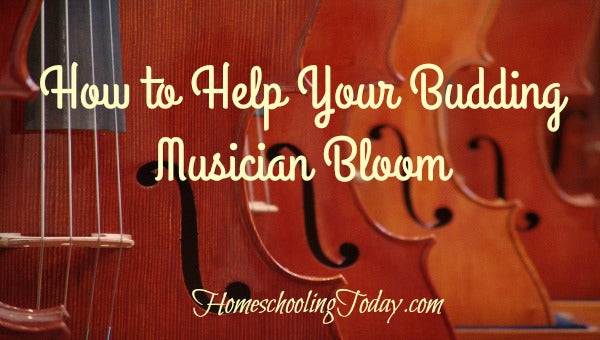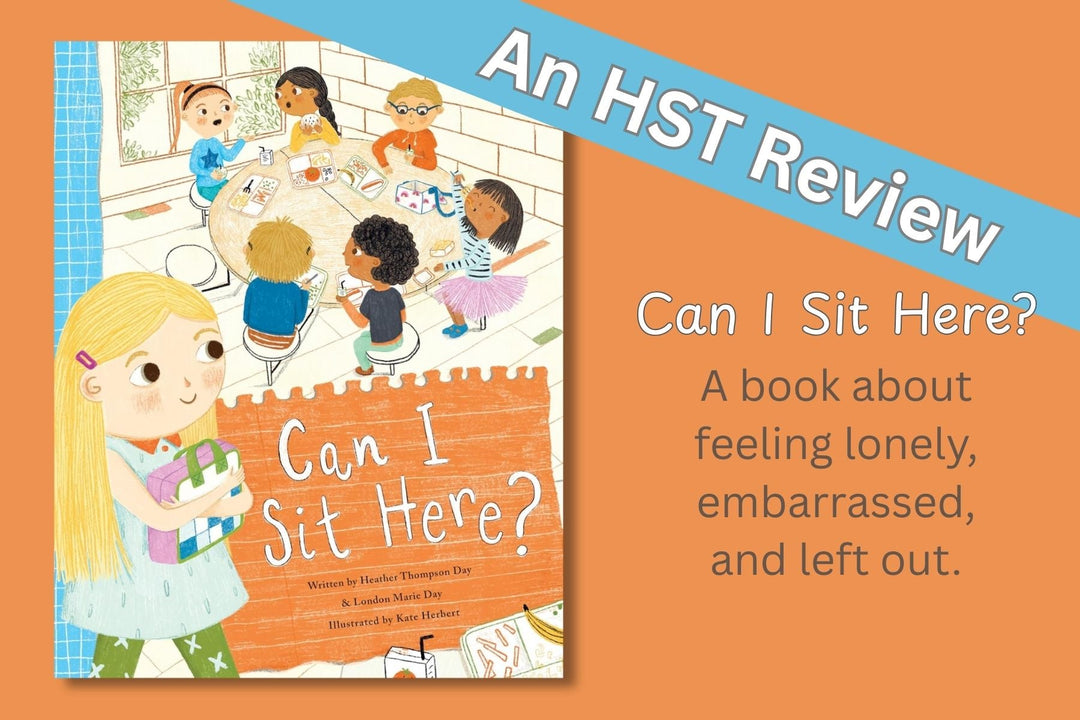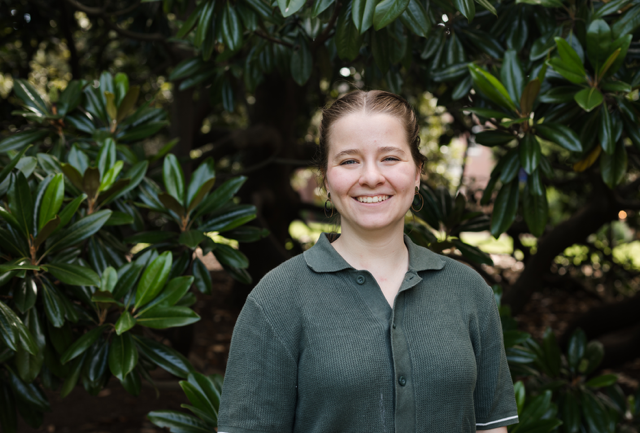How to Help Your Budding Musician Bloom

You’re certain your five-year-old is destined to become a piano virtuoso - another Dino, Richard Calyderman, Victor Borge, or even a modern day Mozart. Or perhaps you have a toe tapping toddler, a finger snapping seven-year-old, or a talented teen who writes poems and improvises mood music on his cousin’s synthesizer. On the other hand, you might be a parent or grandparent who wants your offspring to enjoy music as much as you do, and to have the opportunity to study a musical instrument. How can you ignite that spark of interest and talent and launch your youngster’s musical life adventure?

Group Lessons Versus Private Lessons
You will need to decide between group lessons and private lessons. Your local music store might offer both; however, the store need not be your only alternative. Many competent teachers have studios in their own homes, and offer very effective services at more reasonable rates than commercial establishments. Generally, group rates are less, but a good home teacher might offer an even lower private rate because of lower overhead. Group lessons stimulate musical interest, because much of the teaching is done in fun or game forms. Young children do especially well in group sessions, and educators now say the preschool years present the optimal learning time for developing musical abilities. According to Edwin E. Gordon, Ph.D., in Research in Music Education at Temple University, Philadelphia, “Properly timed and sequenced early experiences with music can actually raise the child’s musical aptitude.” Competitive children also do well with group teaching, because they out practice others in an attempt for peer approval and teacher favor. A less aggressive child, on the other hand, might feel lost in the crowd and choose to withdraw, longing for the opportunity for individual expression and a more intimate musical relationship with the instructor. In such cases, an understanding, private teacher is invaluable.Choosing a Teacher
Many a teacher is chosen because of superb performance. We hear an outstanding rendition at a recital, a church service, a concert, and decide that we want that person to teach our child to play just like that. Are there other aspects to consider in selecting your child’s music instructor? Teacher skills and competence are extremely important. Obviously, one cannot teach what one does not know. Many artists and performers have skill which surpasses average excellence that they cannot relate to a beginner. They might lack the patience and love to effectively teach a beginning child. Their role might better be to inspire rather than instruct.Music and Math
Music is a hodgepodge. To teach it well requires numerous pedagogical skills. First, music is mathematical. Rhythm and tempo, two basic elements of music, require a working knowledge of fractions and ratios. These concepts must be taught to a youngster in a way he can associate them to sounds, as opposed to problems in his school math book. I recall having considerable difficulty explaining the ideas of whole notes, half notes, quarter and eighth notes to a young pupil. Finally, I invited him to my kitchen, where I had mini loaves of date bread. I cut one in half, giving each of us equal amounts. Then I explained how we both would share our half when his mommy and sister came. This would be quarters. By cutting quarters in half we get eighths, and so on. I then put all the pieces back together, wrapped the whole thing, and sent it home with him. The next week he returned with a small package of a rather stale, crumbly piece of date bread and presented it to me. “Thank you,” I said. “And what is this?” He grinned and said solemnly, “It’s a quarter note.”Music and Language
Music is sociology. It reflects the times, customs, and culture of its people. A good teacher will stimulate a pupil’s imagination to understand what the composer was thinking. Years ago, when I took piano lessons, I remember my teacher executing several swift, intricate Russian dance steps, to show me the kinds of actions I was accompanying as I struggled with Khachaturian’s Sabre Dance. Music is language study and short hand. Italian is the language most used for musical terms and expressions, but French and German words also appear. I keep a fat, well worn music dictionary near my piano so that students can look up any word from their musical score. Checking for themselves the pronunciation and definition of a foreign word aids in remembering.
Music in Training
Music is physical training too. Coordination and intense concentration are required to orchestrate functions of fingers, wrists, hands, arms, feet, breathing, and posture to simultaneously respond to symbols read by the eye, interpretations processed by the mind, and sounds heard by the ears. The act of producing music is a highly complex, acquired skill. To teach it well requires infinite patience. Still, music is an art. Music combines all the elements of math, history, language, notation, theory, dexterity, and adds feeling, and human emotion, to create sound waves of beauty and order.Parent Teacher Relationship
Parents and teacher need to work together with the child in his musical growth. Frequent and full communication is desirable. Parents should try to understand what the teacher is attempting to do. Teachers need to know what parents expect, musical preferences, and goals for the pupil. They need to discover ways to encourage that particular pupil. Students need to sense harmony in the parent teacher relationship. Indeed, a parent might keep in tune with the pupil’s progress via periodic telephone conversations or emails with the teacher. This is as beneficial to the child’s musical success as keeping his instrument tuned. Communication is necessary in the matter of practice, too. Practice is need to acquire skill, and this practice is not done at lesson time. Therefore, a parent usually conducts this activity. Parents can encourage productive practice by planning for it in the daily schedule. Just as time is allotted for meals, school, chores and play, so should there be time for music. Be sure the time and place are convenient. One week, one of my students showed remarkable progress. I praised her and inquired what she had done to make the music so superb. “My friends and I moved the piano out of the living and into my bedroom,” she stated, “and now I can practice when dad watches TV.”Evaluation
Although parents should be eager to note progress in their pupil, every lesson need not be occasion for a progress evaluation. It is generally unwise to be unduly concerned if the child repeats a selection or is not assigned new material each lesson. This is especially true for more advanced pupils. The goal is to learn music, and not necessarily to gallop through the book. It is usually wise to encourage the pupil to continue his lessons, and to appreciate progress rather than to make it the goal of each lesson. Music goals modulate and progress. We desire our pupil to discover the sheer joy of creating and appreciating music. We want him to realize that by repetition and discipline, goals are attainable. We want him to benefit from the mental discipline and concentration of music. We want his personal effort to be rewarded with self expression. These are things we desire for our budding musician. Music is for a lifetime. The time, money, energy, enthusiasm and support you devote to your child and his music now, will bring him years of satisfaction and enjoyment. Enjoy his music with him. Nurture that seed of interest and talent. With love and encouragement, it will flower into a source of expression to treasure always. ******************************* Lois A. Teufel is a teacher and pastor’s wife. She and her family are involved in a puppet, storytelling/music ministry. She teaches piano and organ to children and adults in her home, and has taught group lessons for a large music store.This article was originally posted in the Summer/Fall 2014 issue of Homeschooling Today Magazine. Subscribe today!











